What are the signs and symptoms of folate deficiency?


Related products
What’s covered?
Everything you need to know about daily requirements and deficiency of folate.
Are you familiar with folate deficiency? Folate is the natural form of vitamin B9 (folic acid). Vitamins are the biological molecules needed by the body for various functions. Folate/folic acid is an integral part of a balanced diet.
Folate is a water-soluble vitamin which has many essential functions in the body. It helps in the growth and maintenance of cells and tissues. It also aids you in breaking down old proteins and forming new ones (acts synergistically with vitamins B12 and C). In addition, it has a role in synthesising red blood cells and the genetic material of the cells (DNA).
Given the importance of these functions, you can't afford a folic acid deficiency. However, you might find yourself asking a couple of questions about folate like how much of it does your body need? What constitutes folate deficiency? What causes you to become folate deficient? What will happen if you become folate deficient? How can you manage folate deficiency? Let's answer these questions.
Folic acid vs folate
Both words folic acid and folate are often used interchangeably. However, it would be best to remember that folate is the natural form of folic acid in dietary sources. Therefore, the absorption of folate from a natural source is less than the absorption of folic acid from dietary supplements. However, folate supplements can be used to combat folate deficiency.
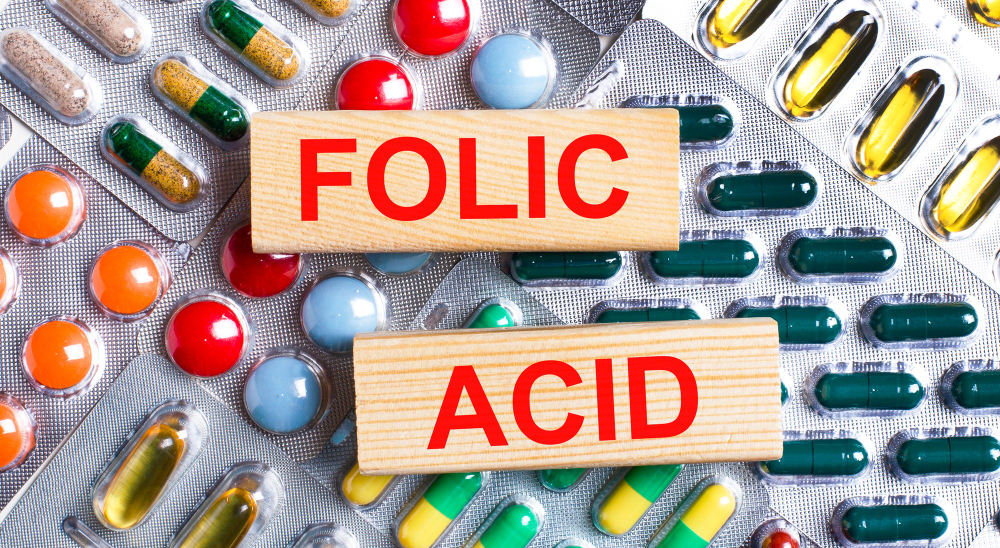
To adjust these differences in absorption, a specific unit is used to dose folic acid, the DFE- dietary folate equivalent. In simple words, one mcg of folic acid is equivalent to 1.67 mcg DFE. So, it would be best if you had more folate from natural sources than folic acid from supplements.
How much folate is needed by your body?
To understand folate deficiency, you should first know how much folate your body needs. The recommended dietary allowance (RDA) for folate depends on your age, health status and gender. It also depends on whether you are pregnant or not. The recommendations of the Scientific Advisory Committee on Nutrition (SACN) for folate requirements are:
-
Healthy adult (no pregnancy and no breastfeeding) - 200 mcg/day
-
Children
-
0-12 months - 50 mcg/day
-
1-3 years - 70 mcg/day
-
4-6 years - 100 mcg/day
-
7-10 years - 150 mcg/day
-
-
For Children 11 years and more, same as adults
-
Pregnant and feeding mothers should take 50% more folate than average adults.
These values reflect the reference nutrient intake (RNI). It is considered the amount of nutrients required to meet the requirements of 97.5% of the population. However, the Committee has given the tolerable upper limit of 1 mg/day.
However, it should be kept in mind that these values are not universal. For example, the Harvard school of public health USA has given reference values of 400 mcg/ day for adults, 600 mcg/ day for pregnant women, and 500 mcg/ day for feeding mothers. These values show you the nature of regional variations in their dietary requirements.
Causes of folate deficiency
You might question what causes folate deficiency. Despite its presence in various foods, you can still develop folate deficiency. Here are some factors which can cause folate deficiency and require folic acid supplements to remedy.
Lower dietary folate intake
Dietary deficiency is rare because folate is naturally present in many foods. However, folate deficiency can occur in children given unfortified goat milk because folate is insufficient in goat's milk. Goat's milk has only 6 mcg/L of folate, far below the children's daily requirements. In contrast, cow's milk or breast milk has 45-50 mcg/L folate, which could fulfil the folate requirements of your child.
So, use fortified goat's milk to prevent folate deficiency in your children.
Decreased absorption of folate from intestines
Some conditions, e.g., chronic diarrhoea, inflammatory bowel disease, liver diseases, etc., can decrease folate absorption. In addition, some drugs, e.g., proton pump inhibitors and some anticonvulsant drugs, can also cause vitamin B12 or folate deficiency by reducing their absorption.
Alcoholic damage to the liver
The damage to the liver due to the consumption of alcohol can affect the storage of folate and increase its excretion in the urine. As a result, you may be taking enough folate but still showing signs of folate deficiency.
Age
In older age (particularly after age 65), folate absorption from the intestines is reduced. Additionally, geriatric diets may not allow enough folate intake, and folate levels fall.
Kidney diseases
Suppose your kidneys are not functioning correctly, and you are undergoing dialysis. You can be a victim of folate deficiency because folate is a water-soluble vitamin. In addition, a lot of serum folate may be filtered during dialysis. So, a person on dialysis should consult their physician to increase the folate supplementation.
Smoking
Both active and passive smoking can decrease the absorption of folate. It is proven by a 2018 study in China which found that smoking reduced the serum folate and increased the incidence of stroke.
Pregnancy and breastfeeding
Both increase the requirement of folate in the body. So, pregnant or feeding mothers can develop folate deficiency anaemia.
Cancers
Carcinomas and lymphomas increase the demand for folate in the body. Consequently, folate deficiency can occur if the folic acid supplement is not included in the diet of such patients.
What are the symptoms of folate deficiency?
Given the enormous importance of folate to the body, the folate deficiency couldn't go unnoticed. Some general signs of folate deficiency are:
-
decreased growth
-
Swelling of tongue
-
Fatigue and extreme tiredness
-
Grey hairs
-
Damage to peripheral nerves
-
Mouth sores
In addition to these general signs, folate deficiency can lead to critical problems described below.
Folate deficiency anaemia
The formation of red blood cells requires both folate and vitamin B12. In the absence of these vitamins, your body produces abnormal-sized red blood cells which can't perform their function of transporting oxygen to the body. As a result, folate deficiency anaemia occurs and could be fatal. Fewer red blood cells in circulation will not provide enough oxygen to your body. The symptoms associated with folate deficiency anaemia are:
-
Weight loss
-
Decreased appetite
-
Headache
-
Shortness of breath
-
Lethargy
-
Exhaustion
-
Paleness of skin
-
Increased heartbeat
These symptoms suggest that you are suffering from an advanced stage of folate deficiency, and there is an urgent need for folate supplements. Moreover, the situation aggravates the additional vitamin B12 deficiency.
Neural tube defects
A neural tube is a component of foetal tissue which develops into the brain and spinal cord. Proper closure of the neural tube during foetal development is required, and folate is needed for this activity. However, neural tube closure doesn't occur due to folate deficiency, leading to neural tube defects (NTDs), e.g., open spina bifida and anencephaly. Such problems occur during early pregnancy.
Suppose your previous pregnancy was disturbed due to NTDs. In that case, CDC recommends you to take 4000 mcg of folic acid one month before pregnancy and continue the folic acid supplement in the first three months of pregnancy.
Folate deficiency and cancers
Folate plays a vital role in synthesising DNA, the cell's genetic material. Most cancers occur due to problems with the appropriate synthesis of DNA. So, a deficiency of folate can expose you to the development of new cancers and the increased progression of already established cancers. On the other hand, various studies have found that sufficient folate intake through diet can reduce the risk of colon and breast cancers.
So, a folate supplement in the diet can be a good defence against various cancer.
Memory loss and brain functions
Although clinical data is not present, some observational studies have found that folate deficiency can damage the brain's cognitive functions, thus leading to memory loss (dementia). Another observational study found that folate deficiency increases the risk of dementia by 68%.
So, your balanced and healthy diet should have enough folate to protect you from these issues.
How to check folate deficiency?
The symptoms related to folate deficiency are not specific. So, your physician may ask you to undergo blood tests to determine folate levels in your serum. Values in the 2.7-17.0 nanograms per millilitre (ng/mL) range are considered normal. A value higher than 17 ng/mL is not troublesome. However, it may suggest that you have a deficiency of vitamin B12 as it helps to absorb folic acid from your diet.
However, a lower value indicates folate deficiency, and you should consult your physician for dietary supplementation.
How to treat folate deficiency?
If you feel any of the above deficiency symptoms or are exposed to any one of the causes, it is the right time for dietary supplements. Some natural foods have enough folic acid to keep your folate levels regular. If you are pregnant or feeding your baby, don't wait for pregnancy complications or the occurrence of neural tube defects or folate deficiency anaemia. Instead, shift to a folate-rich diet or use folic acid tablets immediately.
Bottom-line
A folate deficiency will leave observable signs and symptoms. Although the deficiency is rare, you should keep a keen eye out for the deficiency symptoms and consult your healthcare provider if any symptoms are noted.
For a full range of blood tests and medications, visit our Welzo Online Pharmacy Page. For more details about the Folate deficiency test, click here.







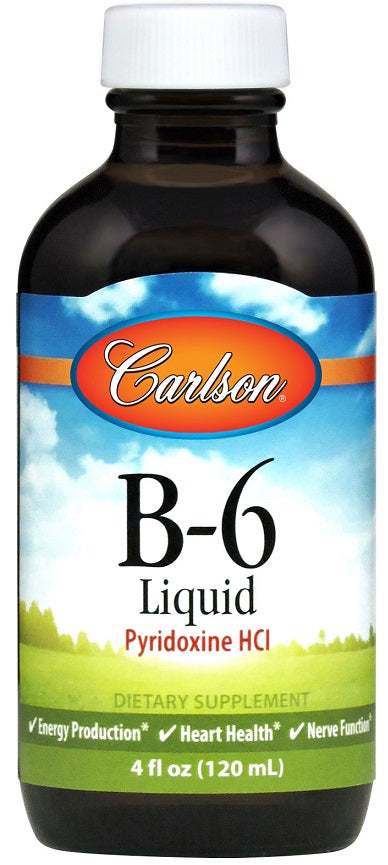
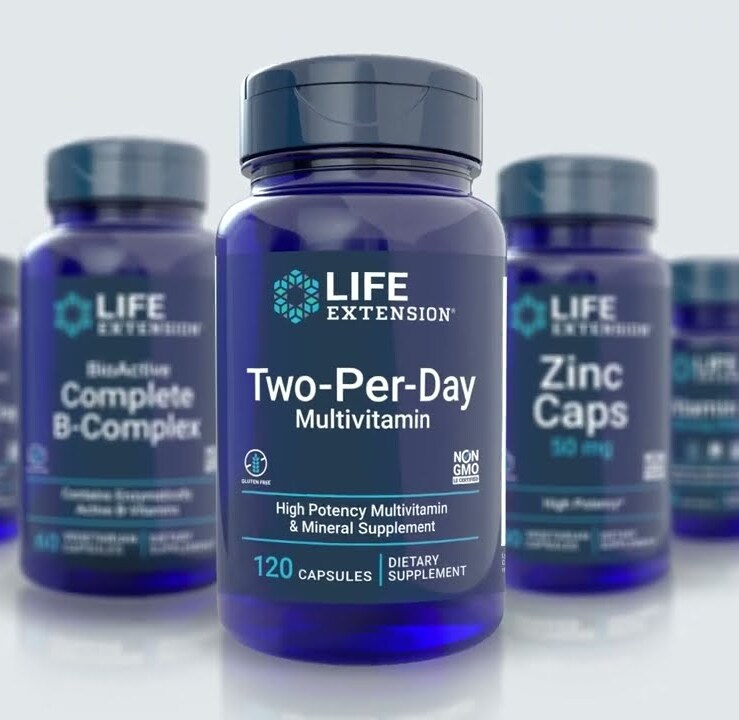
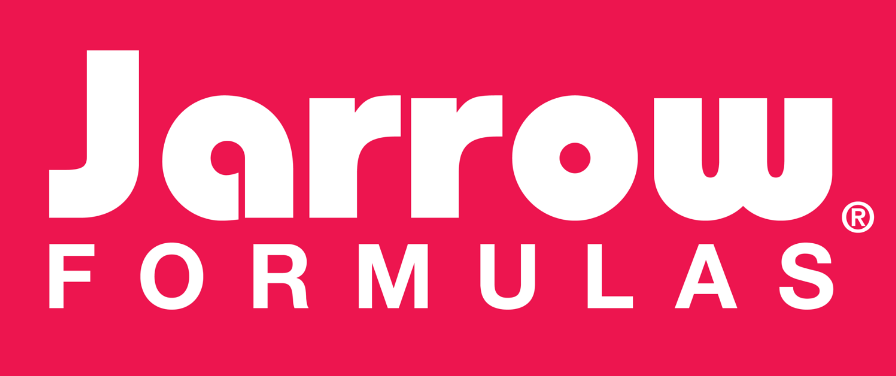






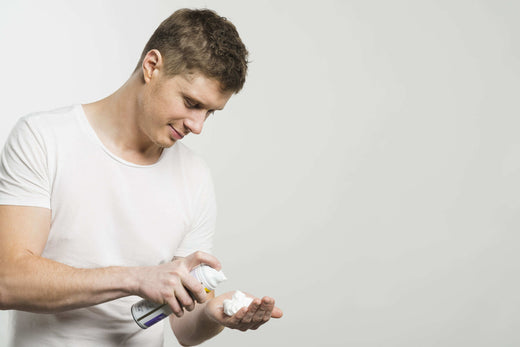

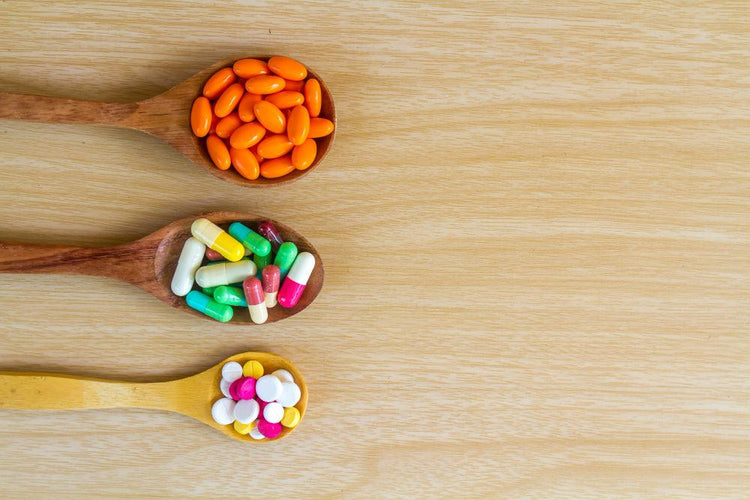
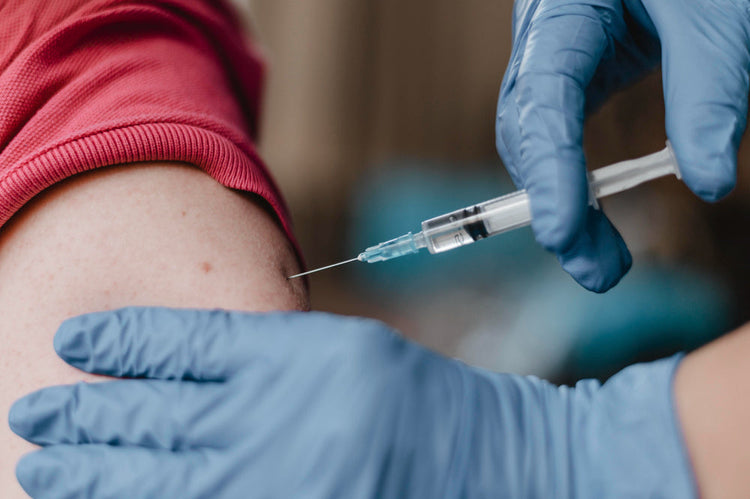


 Rated Excellent by 26,523+ Reviews
Rated Excellent by 26,523+ Reviews